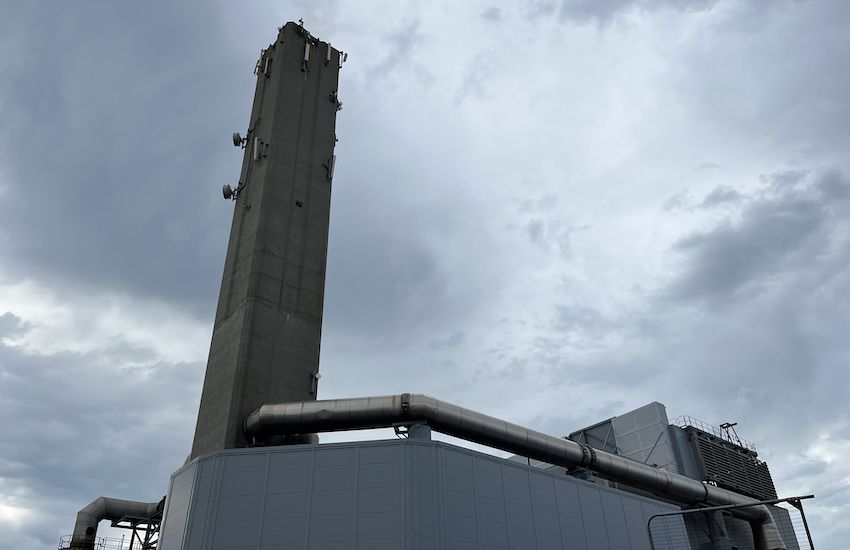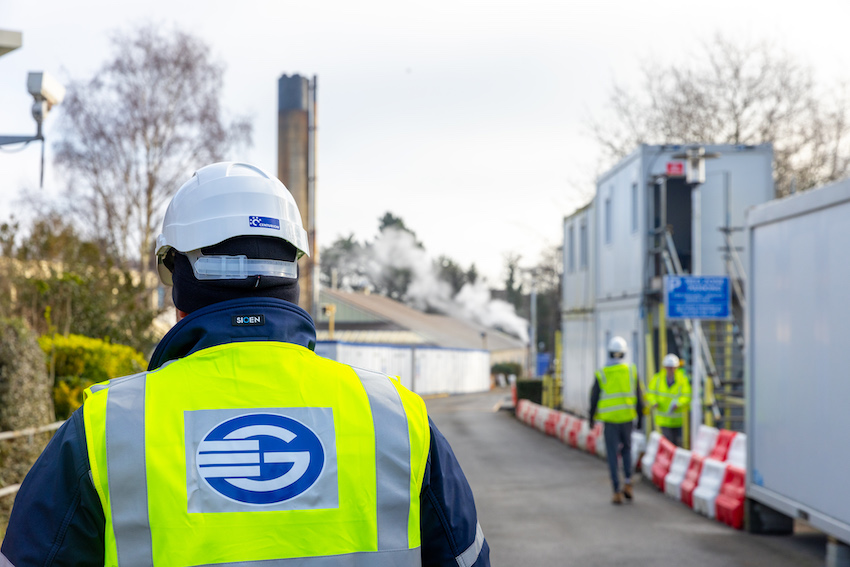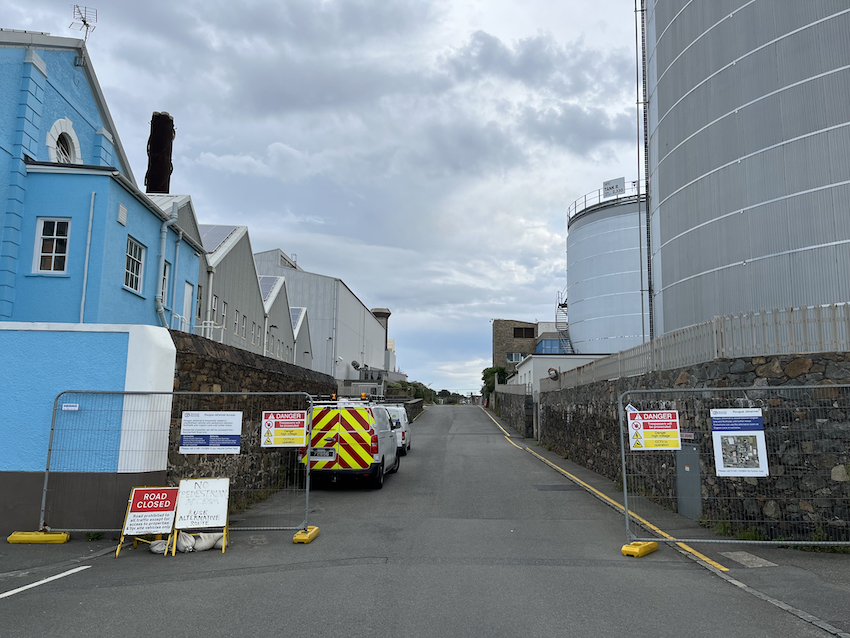


Guernsey Electricity made a profit of £3.6m last year, improving on a loss of £2.2m in 2022 but directors have warned in its latest accounts that further price rises will be needed to invest in the island’s critical infrastructure.
Revenue was up by around £5m between September 2022 and 2023, even though operating expenses increased by around £1m. But the States-owned utility has significant levels of debt, owing £17m this year, with other debts topping £30.5m.
GEL Chair Peter Schaefer said moves to decarbonise the island in line with States and international climate objectives demanded a new subsea cable, network upgrades and more local renewable generation, all comes at an additional cost.
Net debt increased by £4.5m over year driven by an increase in capital expenditure to £12.9m compared to £4.6m in the previous year:“Increasing net debt in the current year continues to be a cause for concern and therefore it is imperative the company further strives to move to a more sustainable financing model”.
Fixed prices with French suppliers have also come to an end with the island now facing higher wholesale costs which have been pushed higher by global military conflicts.
“As historical import price setting arrangements expire these are necessarily being replaced at higher prevailing market conditions leading to future increases in cost. In order to sustainably fund the ongoing capital and operational expenditures of the company, further tariff increases will be necessary,” MrSchaefer said.
But GEL “remains committed to operating in an efficient manner to minimise costs wherever possible,” he added. “Whilst tariff increases to date have focused on maintaining the status quo, significant capital investment will be required to ensure a secure and reliable electricity supply into the future.
“The challenge of how to fund this is yet to be answered.”
No dividend has been paid by the company back to the States in years, and the company is not proposing to distribute profits during period of increasing capital investment.

Pictured: A new north-south cable link has been a major piece investment in the last year.
Alan Bates, CEO, said there had been an “uncertain and volatile start to the year” but Guernsey weathered some of the storm well due to fixed wholesale prices which otherwise would’ve caused the tripling of tariffs to plug the gap.
The end of those agreements and additional cost pressures means “the appropriate reinvestment in the on-island assets, particularly on the grid and at the power station” must be made through a new sustainable financial strategy.
“In this model, tariffs are set at an appropriate level to start to enable repayment of existing debt to free up financial capacity to borrow for future ‘strategy’ capital investment and to improve the financial resilience against unplanned expenditure.
“To achieve this outcome significant investment is required upfront and this will increase tariffs to consumers in the near term. GEL is planning to fund these investments in the most affordable and cost-efficient way by utilising a mixture of long-term borrowings and retained profits. It is also clear to the company that the distribution of profits during a period of such high investment would not be appropriate.”
Mr Bates pointed to moves this year to increase standing charges over unit prices to protect customers who are financially unable to switch to renewable sources – with tariffs increased to boost revenue by 10% from 1 July, with the largest hike hitting the fixed standing charge.
Rates were increased by 13% on 1 July 2023, and 9% in 2022.
But the report noted that “currently only a modest provision of solar power generation contributes approximately 0.2% to the island’s annual electricity requirements”.

Pictured: Guernsey's power station.
The report went on to say: “Whilst the STSB approved a tariff increase of 13% this increase was only implemented on 1 July 2023, and although electricity sales revenue grew by 10% compared to the prior year the total volume of units imported/ generated reduced by 1.8%.
“This revenue is indicative of customers responding to the tariff changes by the utilisation of lower margin tariffs such as super economy 12 low rate and also due to the reduction in demand associated with efficiency and weather.
The proportion of imported power has fallen over the past four years as more people make the switch to electric appliances and boilers, increasing peak time demand.
The Chair was paid £17,631 for the year, while five non-executive directors were paid £13,690 each.
Director fees and other benefits topped £860,000 in 2023, down from £969,000 the previous year and over £1m the year before that.
Comments
Comments on this story express the views of the commentator only, not Bailiwick Publishing. We are unable to guarantee the accuracy of any of those comments.